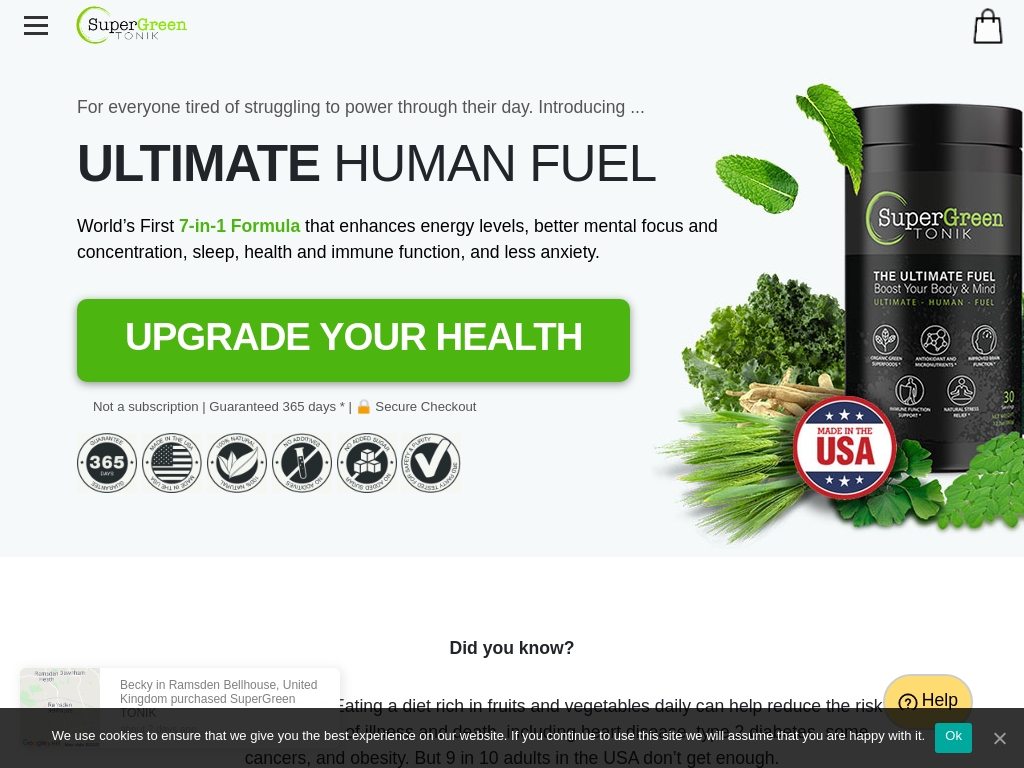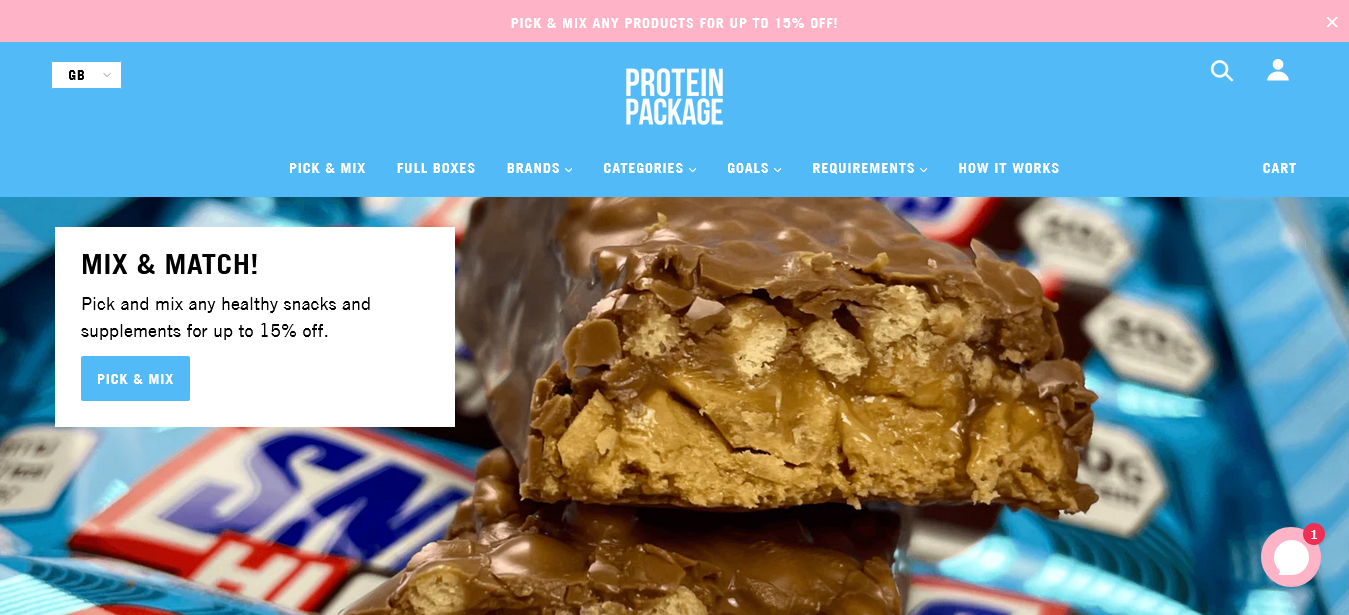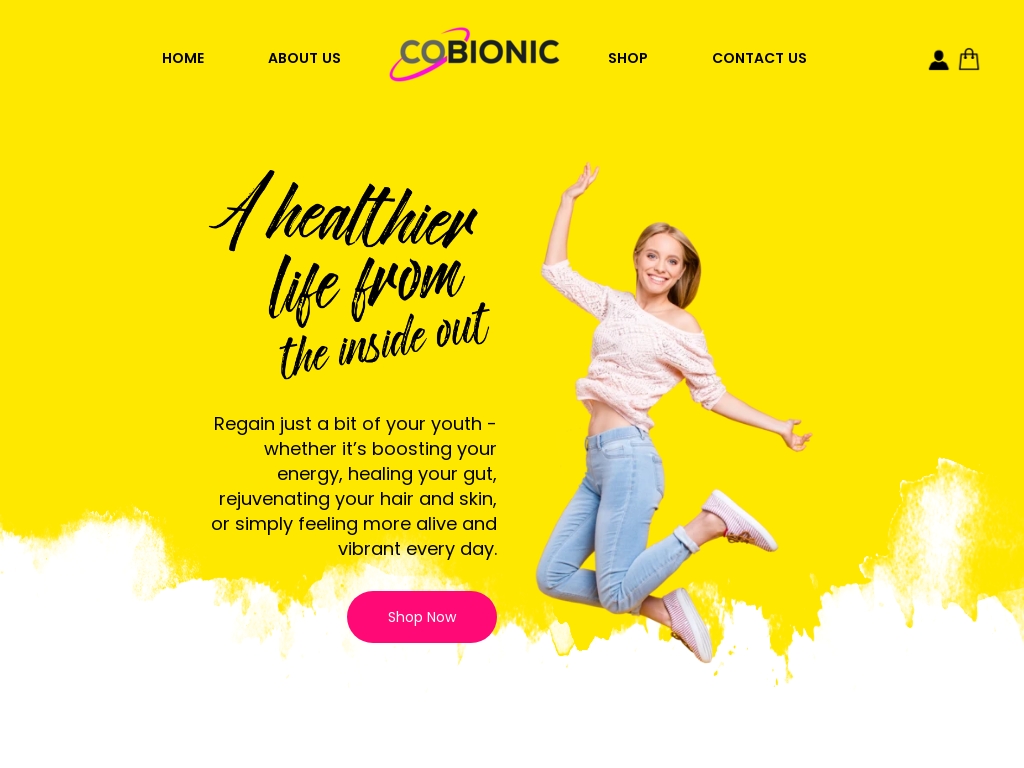
3 Protein Products Success Stories [2025]
Looking to tap into the health and wellness trend with a business that's both profitable and impactful? Consider creating protein products.
Protein products, from powders to bars and shakes, are vital for fitness enthusiasts and health-conscious individuals. By developing a range of high-quality protein offerings, you can cater to various dietary needs including vegan, gluten-free, and keto options.
Sourcing quality ingredients and focusing on transparent, clean labeling can set your brand apart in a competitive market. The work involves collaborating with nutritionists for product development, ensuring compliance with health regulations, and strategically marketing through influencers and fitness communities.
Protein products offer a balance between market demand and the opportunity to make a tangible difference in people's lives. If you're looking to start a business that combines profitability with purpose, protein products might be the right avenue for you.
In this list, you'll find real-world protein products success stories and very profitable examples of starting a protein products that makes money.
1. Human Tonik ($2.4M/year)
Adam Wright, the founder of SuperGreen TONIK, came up with the idea for his business after struggling with chronic fatigue and a lack of nutritional supplements that met his needs. With his background in web development and digital marketing, he decided to create a greens powder that provided the ingredients he desired and tasted good. Since its launch in August 2019, the brand has seen significant growth and aims to achieve 7-figure revenue in its second year.
How much money it makes: $2.4M/year
How much did it cost to start: $50K
How many people on the team: 1


SuperGreen TONIK's founder developed a greens powder supplement with 38 superfood nutrients, adaptogenic herbs, vitamins, and minerals that achieved $250k in sales in its first year and is looking to hit 7-figures in its second year, thanks to transparency, repeat customers, and focusing on fewer, properly dosed ingredients.




2. Protein Package ($1.08M/year)
At the age of 17, George Greenhill came up with the idea for Protein Package while facing the challenge of finding affordable and customizable healthy snacks. He invested all of his birthday money into stock and taught himself to code to build the website, and within a week, he had already doubled his initial investment, validating the idea for the pick and mix store of protein bars and snacks. Now, at 21 years old, Protein Package has achieved over £1 million in annual turnover and continues to experience rapid growth.
How much money it makes: $1.08M/year
How much did it cost to start: $300
How many people on the team: 4


How a 17-year-old founded a successful snacks eCommerce, with over 400% YoY growth for the past four years, reinventing the traditional 'pick and mix' for health-conscious consumers and offering an unrivaled choice of quality brands at the best prices when mixing and matching.




3. CoBionic ($96K/year)
Louise Hendon, the CEO and owner of CoBionic, came up with the idea for her business after being diagnosed with various health conditions. She switched to a healthier diet but realized there were still vital nutrients that were hard to get through food alone. She and her husband created their own line of supplements, starting with a prebiotic fiber, and eventually expanded to include other products like chocolate collagen.
How much money it makes: $96K/year
How much did it cost to start: $15K
How many people on the team: 2


CoBionic, a health-oriented supplement company, has scaled up and hit $100k/month in revenue, offering a range of health supplements and foods designed for both taste and effectiveness.





Download the report and join our email newsletter packed with business ideas and money-making opportunities, backed by real-life case studies.

Download the report and join our email newsletter packed with business ideas and money-making opportunities, backed by real-life case studies.

Download the report and join our email newsletter packed with business ideas and money-making opportunities, backed by real-life case studies.

Download the report and join our email newsletter packed with business ideas and money-making opportunities, backed by real-life case studies.

Download the report and join our email newsletter packed with business ideas and money-making opportunities, backed by real-life case studies.

Download the report and join our email newsletter packed with business ideas and money-making opportunities, backed by real-life case studies.

Download the report and join our email newsletter packed with business ideas and money-making opportunities, backed by real-life case studies.

Download the report and join our email newsletter packed with business ideas and money-making opportunities, backed by real-life case studies.











